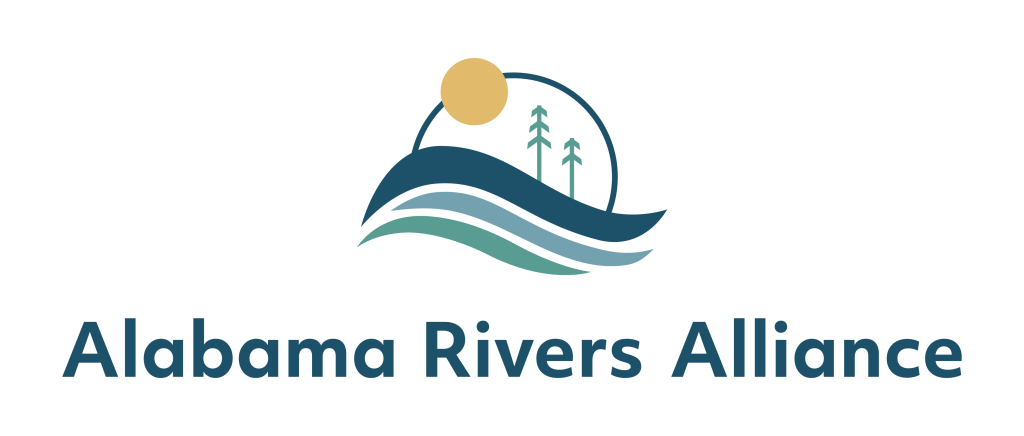2017 Wild & Scenic Program
The 2017 Wild & Scenic Film Festival line-up challenges, inspires, educates and provokes conversation. The selection of films for the 10th annual festival in Birmingham cover a variety of topics including local activism and community engagement, wildlife appreciation, family adventures and inspiration, plastic in our oceans and bays, exploration of land and so much more. Take a look at the selected film synopsis below.
[table id=11 /]
